Introduction:
In the field of modern lighting control, light controllers are key components, and their quality and performance directly affect the efficiency and safety of the lighting system. In order to ensure the quality, safety and smooth entry of optical controllers into the international market, various certifications have become crucial. The following mainly introduces some major photocell certifications, such as: UL, CUL, CE, ROHS, REACH, ISO9001, ANSI C136.41, FCC, ZHAGA BOOK 18, UKCA, TUV, IEC, ETL, BIS Certifications etc.
Photocell Certifications
UL Certification (Underwriters Laboratories)
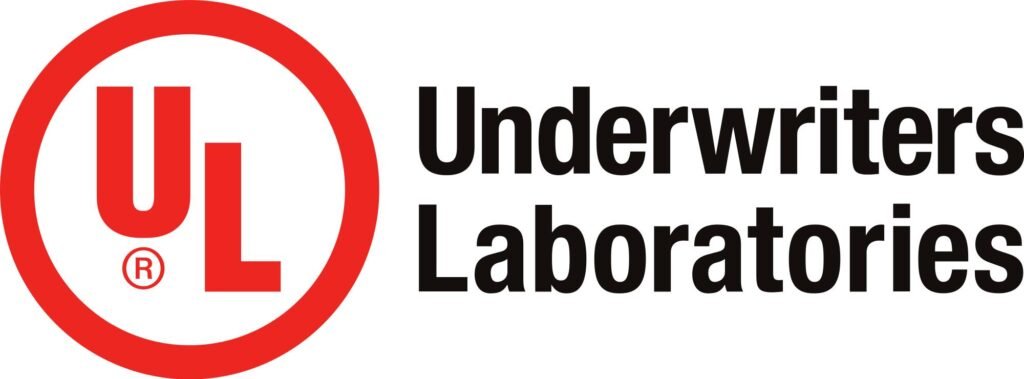
Definition:
UL Certification is issued by Underwriters Laboratories, aiming to ensure the safety and performance of electrical equipment.
Why Obtain it?
UL Certification serves as a passport for entering the North American market, proving product compliance with electrical safety standards in the United States and Canada.
Benefits:
Market Access: The UL mark ensures legal sales of light controllers in the U.S. and Canada.
Enhanced Market Competitiveness: UL Certification is a robust testament to product safety and quality, boosting competitiveness in the market.
CUL Certification
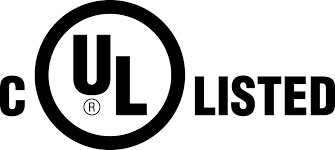
Definition:
CUL Certification is the Canadian version of UL Certification, ensuring the safety and performance of electrical equipment in the Canadian market.
Why Obtain it?
CUL Certification is a legal requirement for entering the Canadian market, providing the qualification for legal sales in that market.
Benefits:
Expansion in the North American Market: CUL Certification helps expand the sales share of light controllers in the Canadian market.
CE Certification
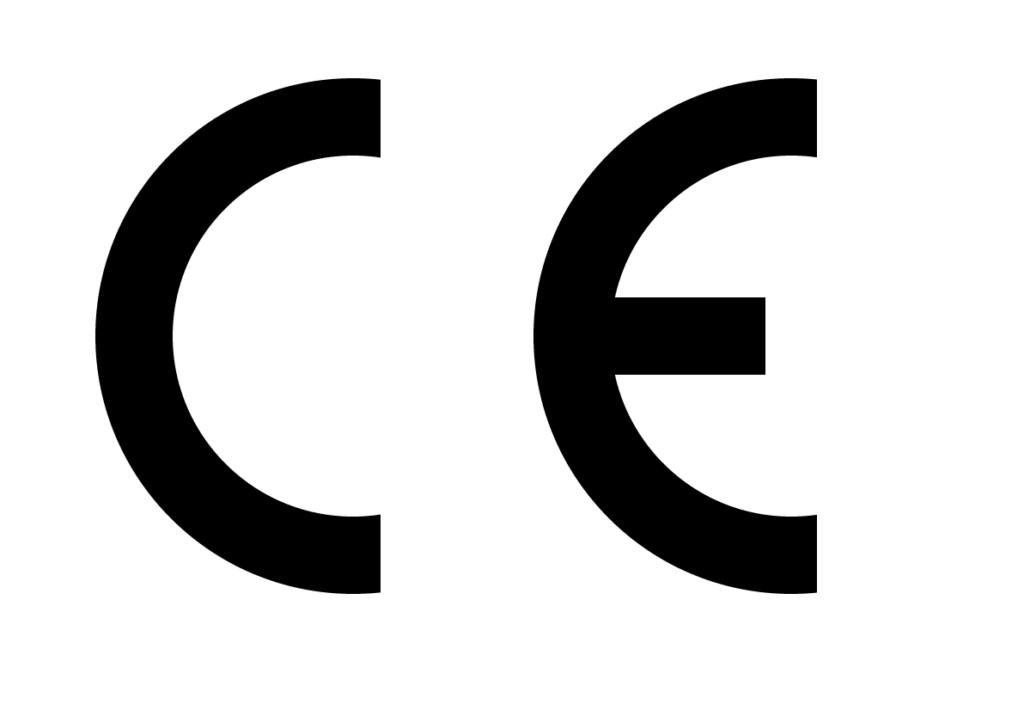
Definition:
CE Certification is a mandatory certification mark for the European market, ensuring product compliance with safety, health, and environmental requirements in the European Economic Area.
Why Obtain it?
CE Certification is a legal requirement for entering the European market, ensuring the legality of product sales in that market.
Benefits:
European Market Access: The CE mark is a passport for product sales qualification in the European market.
International Reputation Boost: The CE mark is a universally recognized symbol of quality and safety, enhancing the product’s global reputation.
ROHS Certification
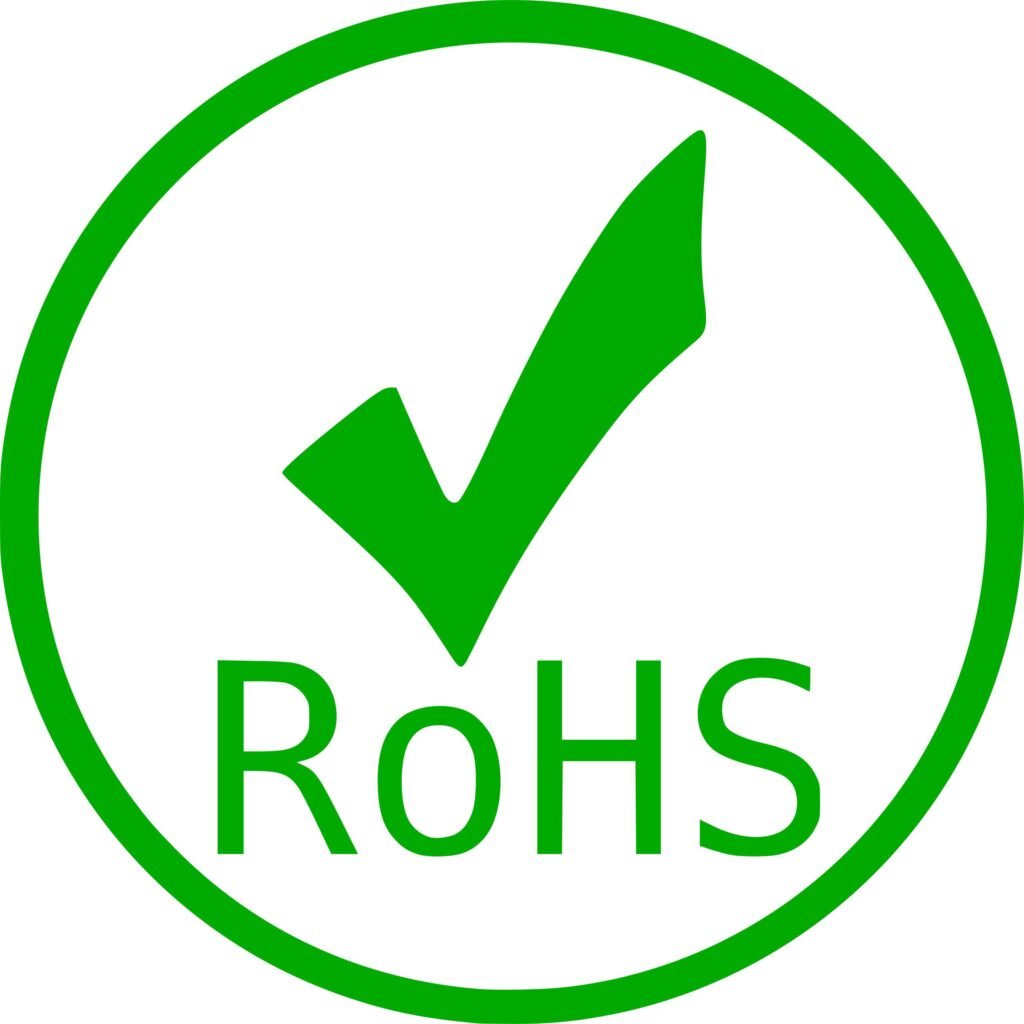
Definition:
ROHS Certification focuses on restricting hazardous substances in electronic and electrical products, ensuring environmental friendliness.
Why Obtain it?
ROHS Certification ensures that products do not contain harmful substances during the manufacturing process, meeting environmental requirements.
Benefits:
Environmental Image Building: ROHS Certification signifies adherence to environmental standards, enhancing the company’s environmental image.
REACH Certification
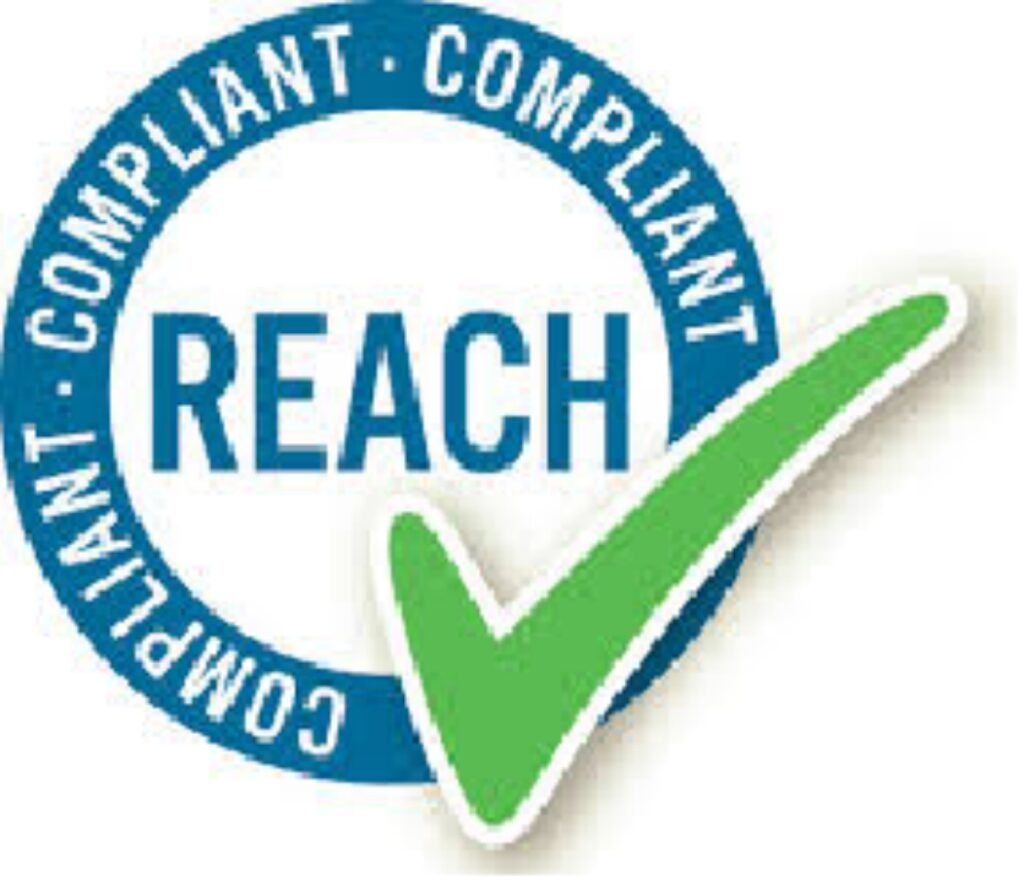
Definition:
REACH Certification is the European chemical regulation, assessing and managing the impact of chemicals on human health and the environment.
Why Obtain it?
REACH Certification ensures that chemicals used in light controllers comply with European regulations.
Benefits:
Compliance with European Regulations: REACH Certification is a crucial symbol of compliance with European regulations.
Environmental Image Building: REACH Certification focuses on environmental protection, contributing to enhancing the company’s environmental image.
ISO9001 Certification
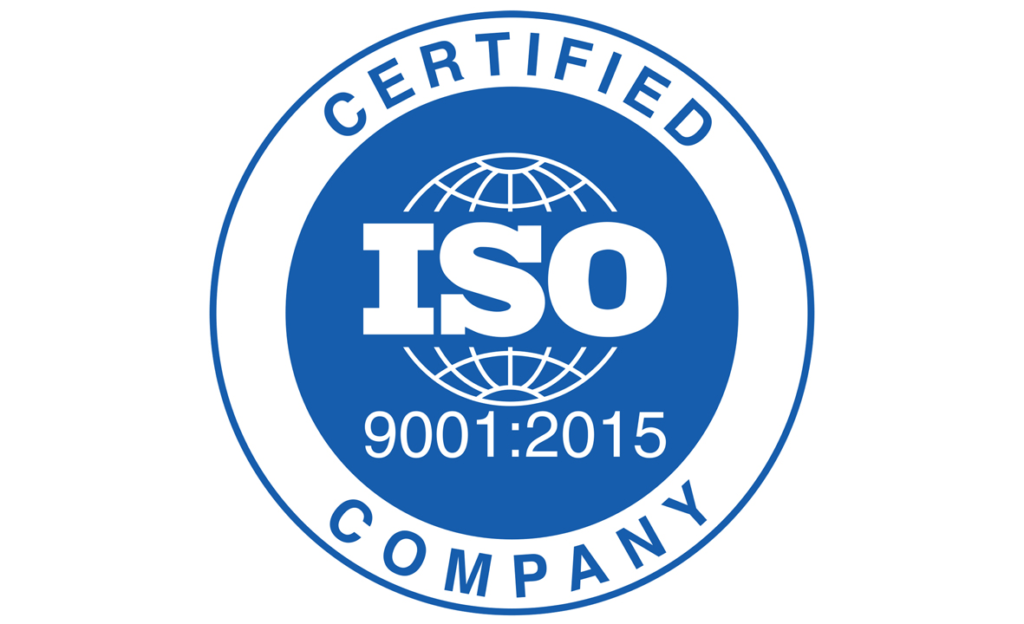
Definition:
ISO9001 Certification is a quality management system certification, ensuring that the organization’s products and services meet certain quality standards.
Why Obtain it?
ISO9001 Certification enhances the quality management level of the production process, contributing to improved production efficiency and product quality.
Benefits:
Optimized Quality Management: ISO9001 Certification enhances production quality, ensuring products meet customer demands.
International Competitiveness: The ISO9001 mark is a globally recognized quality management symbol, enhancing product competitiveness in the international market.
ANSI C136.41 Certification
Definition:
ANSI C136.41 Certification is a standard for intelligent lighting control systems, ensuring light controllers meet the requirements of the intelligent lighting market.
Why Obtain it?
ANSI C136.41 Certification enables light controllers to enter the intelligent lighting control system market, enhancing the product’s market share.
Benefits:
Access to the Intelligent Market: ANSI C136.41 Certification is a necessary condition for entering the intelligent lighting market, helping light controllers meet market demands.
FCC Certification
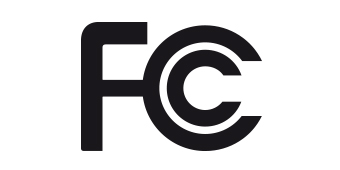
Definition:
FCC Certification ensures that electronic devices comply with U.S. regulations in terms of electromagnetic compatibility.
Why Obtain it?
FCC Certification ensures that products do not interfere with other devices in wireless communication, allowing legal sales in the U.S. market.
Benefits:
Electromagnetic Compatibility Assurance: FCC Certification reduces the interference of products with other wireless devices, ensuring normal product usage.
Sales in the U.S. Market: FCC Certification is a necessary condition for selling products in the U.S. market, providing the qualification for legal sales.
ZHAGA BOOK 18 Certification
Definition:
ZHAGA BOOK 18 Certification is a standard for modular design and interoperability in the lighting industry.
Why Obtain it?
ZHAGA BOOK 18 Certification ensures that light controllers comply with industry standards in terms of modular design and interoperability.
Benefits:
Recognition of Modular Design: ZHAGA BOOK 18 Certification indicates that the design of light controllers meets industry standards, promoting the application of modular design in the market.
UKCA Certification
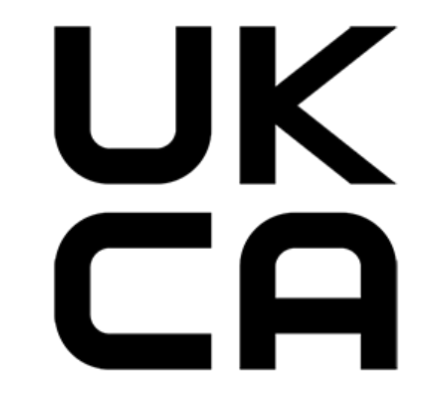
Definition:
UKCA Certification is a mandatory certification for the UK market, replacing CE Certification.
Why Obtain it?
UKCA Certification is a necessary certification for legal sales of products in the UK market, ensuring compliance with UK regulatory requirements.
Benefits:
Compliance with the UK Market: UKCA Certification is a necessary certification for selling products in the UK market, providing the qualification for legal sales.
TUV Certification
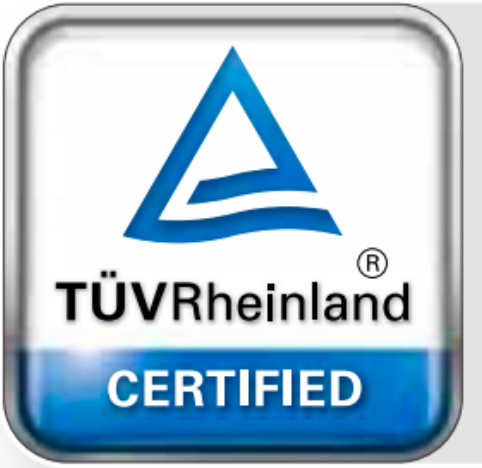
Definition:
TUV Certification is issued by the German Technical Inspection Association, ensuring the safety and compliance of products in the German market.
Why Obtain it?
TUV Certification is a legal requirement for selling products in the German market, ensuring that products meet German safety standards.
Benefits:
Recognition in the German Market: TUV Certification helps light controllers gain recognition in the German market, increasing the market share of the product.
IEC Certification
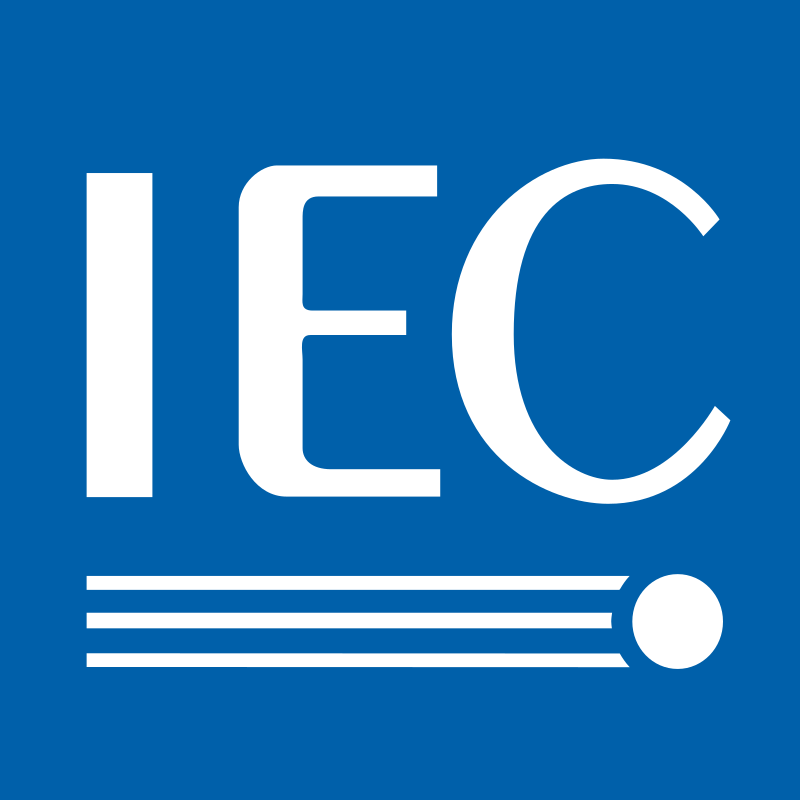
Definition:
IEC Certification is the International Electrotechnical Commission’s certification, ensuring that products comply with international electrical standards.
Why Obtain it?
IEC Certification is a legal requirement for promoting products in the international market, ensuring product compliance in different countries.
Benefits:
Compliance with International Electrical Standards: IEC Certification indicates that light controllers comply with international electrical standards, facilitating promotion in the international market.
ETL Certification
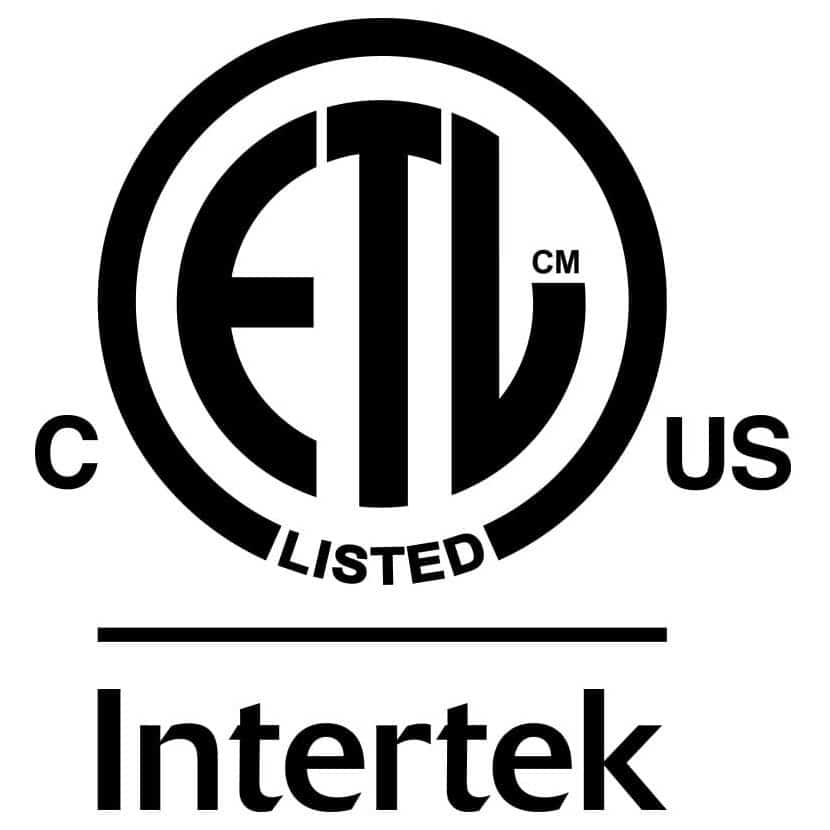
Definition:
ETL Certification is issued by Intertek, ensuring that products comply with electrical safety and performance requirements in the North American market.
Why Obtain it?
ETL Certification is a legal requirement for selling products in the U.S. and Canada, ensuring the legal entry of products into the North American market.
Benefits:
Compliance with the North American Market: ETL Certification provides the legal qualification for selling light controllers in the North American market, ensuring legal sales.
BIS Certification
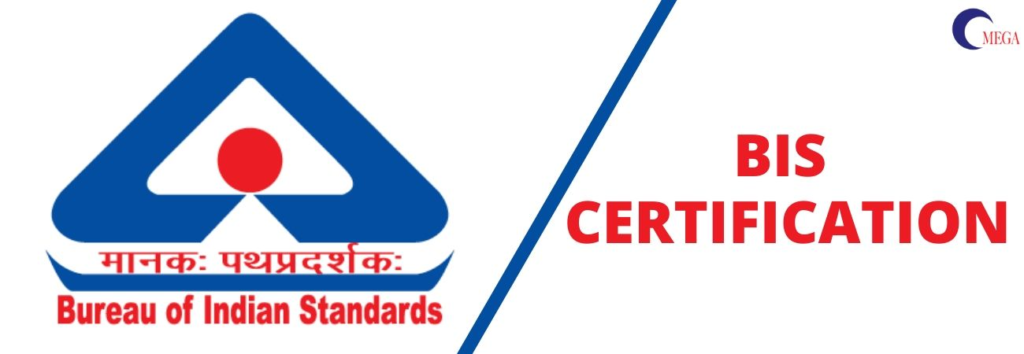
Definition:
BIS Certification is issued by the Bureau of Indian Standards, ensuring the safety and compliance of products in the Indian market.
Why Obtain it?
BIS Certification is a legal requirement for selling products in the Indian market, ensuring that products meet Indian safety standards.
Benefits:
Access to the Indian Market: BIS Certification provides the legal qualification for selling products in the Indian market, helping products gain recognition in that market.
In conclusion, these certification certificates not only provide legal compliance for light controller manufacturers but also enhance the product’s competitiveness and reputation in the market, contributing to the success of businesses on a global scale. By obtaining these certifications, light controller manufacturers can communicate a commitment to product quality, safety, and environmental responsibility to the global market, winning the trust of consumers and business partners.







